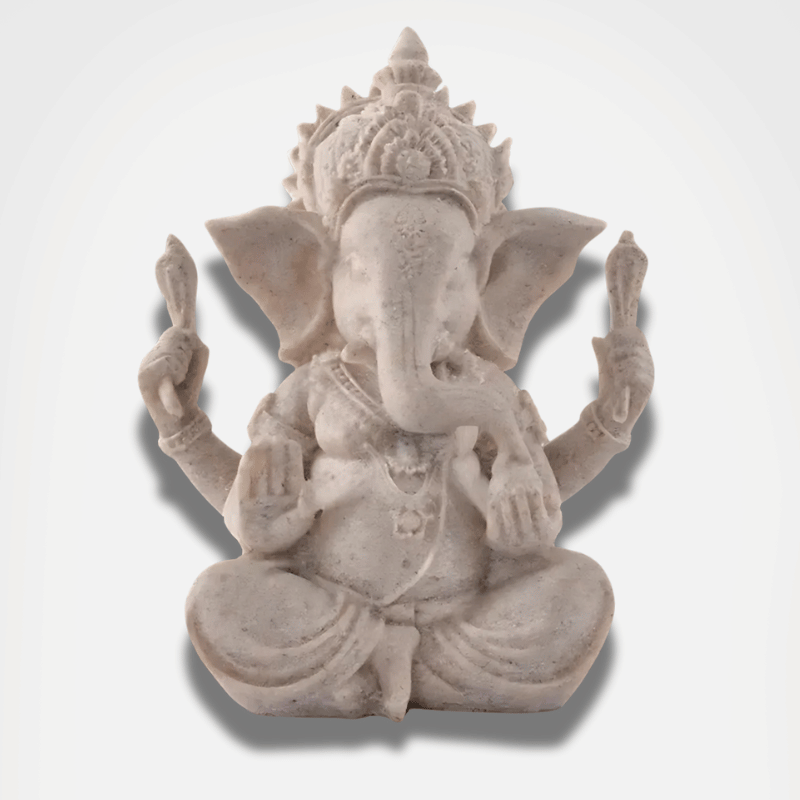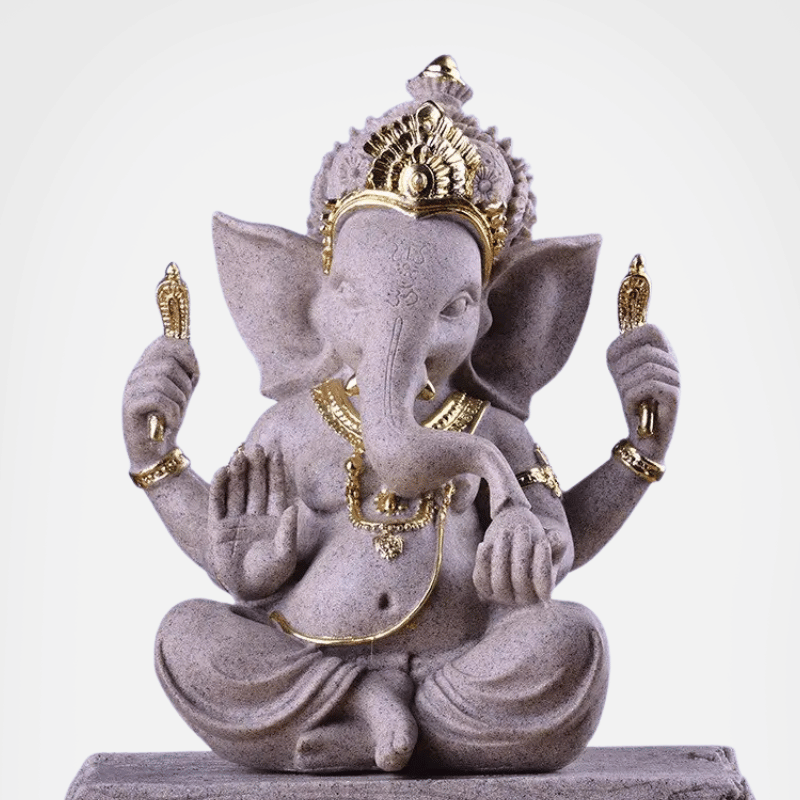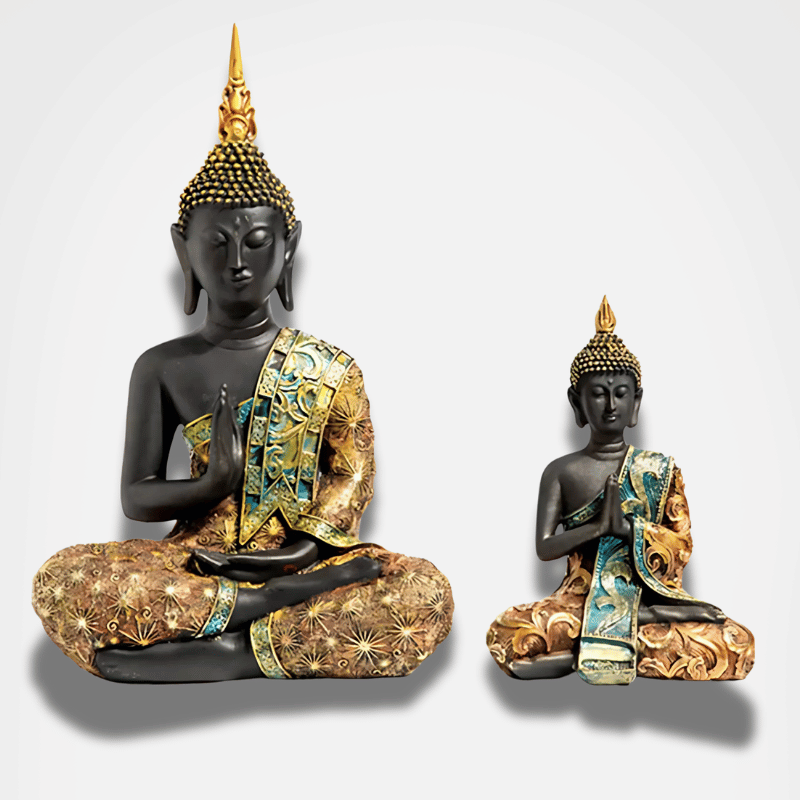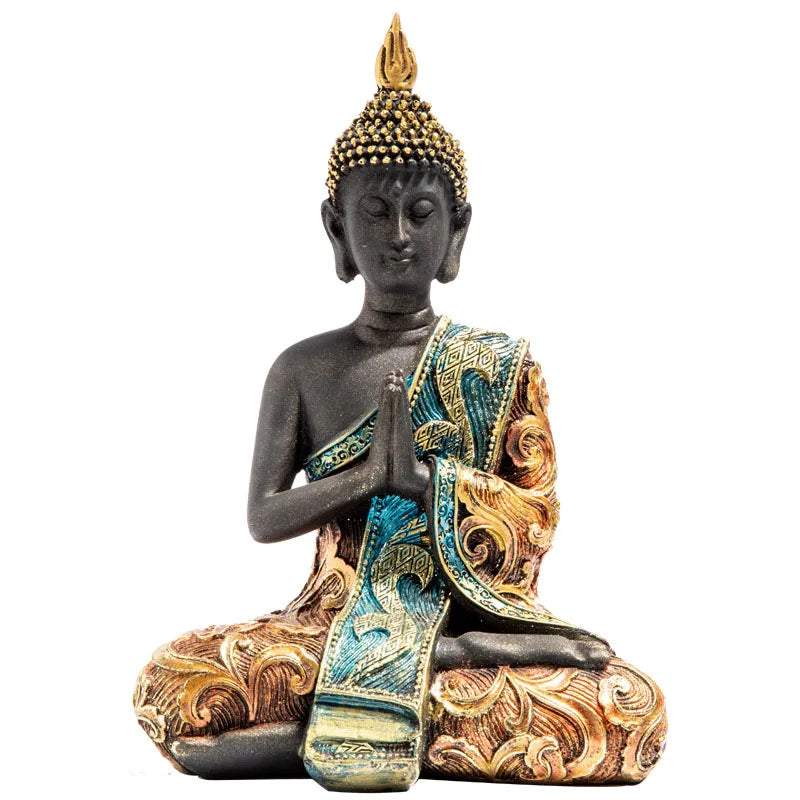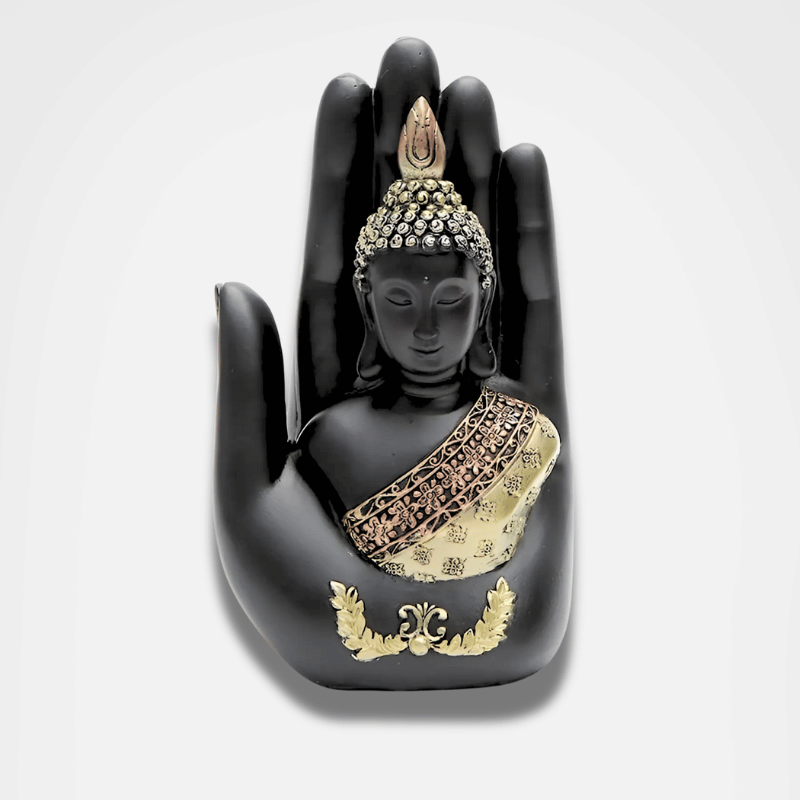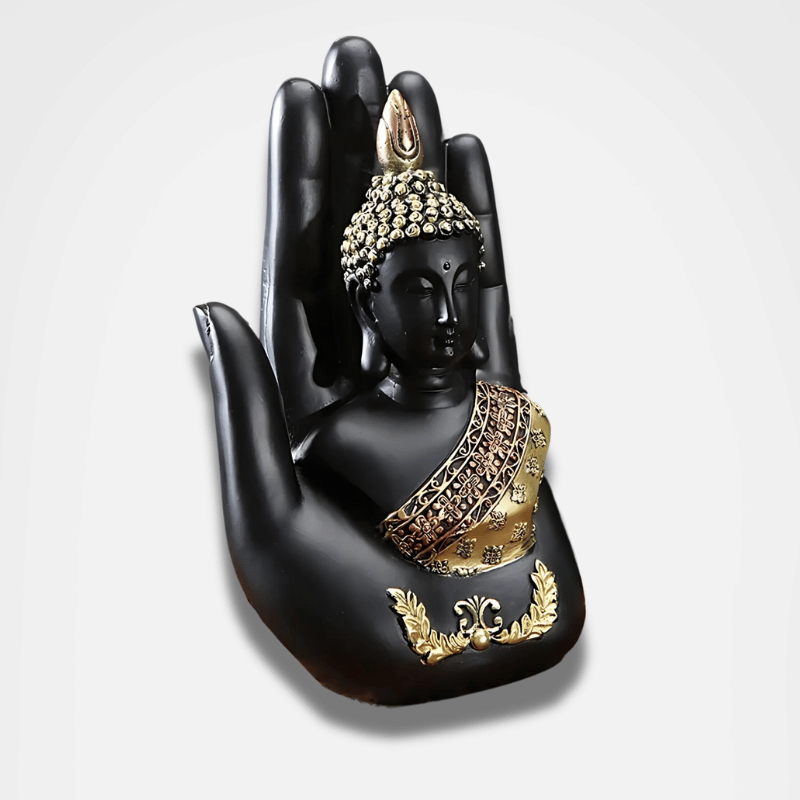How to pray Buddhism? Essential strategies for meditation
The benefits of Buddhist prayer
Prayer is an essential practice in Buddhism. It allows you to cultivate concentration, obtain inner peace and develop compassion towards yourself and others. Meditation is the main way to practice Buddhist prayer, it offers many benefits on the physical, mental and spiritual levels.
Through meditation you can achieve better mental clarity, reduced stress and anxiety, and improved emotional well-being. It also strengthens the capacity for attention, concentration and presence in the present moment, which promotes better management of emotions and negative thoughts.
meditation techniques for Buddhist prayer
Seated meditation is one of the most commonly used techniques for Buddhist prayer. It consists of sitting in the lotus or half-lotus position and concentrating on breathing.
Walking meditation is another important practice in Buddhist prayer. It involves walking slowly and mindfully, focusing on body sensations and foot movements.
Finally, mantra meditation is also very widespread. It consists of reciting prayers or sacred formulas, focusing on their meaning and vibration.
The rituals of Buddhist prayer
In addition to meditation, Buddhists also practice prayer rituals to develop their spirituality. These rituals may include offerings, recitations of sutras, chanted prayers, symbolic gestures and the use of various sacred objects.
For example, the offering of flowers is a common ritual during Buddhist prayers. It symbolizes the impermanence of life and the importance of cultivating inner beauty.
Sutra recitations are also essential in Buddhist prayer. The sutras are sacred teachings of the Buddha, and reciting them allows one to connect to the wisdom and benevolent energy of the Buddha.
Buddhist teachings on prayer
Buddhism teaches that prayer should not be seen as a request for divine favor or a miraculous solution to our problems. Instead, it is seen as a practice for cultivating positive qualities in ourselves, such as wisdom, compassion and kindness.
Buddhist prayer is also a way to connect to the ultimate nature of reality and our true nature. It helps us transcend our ego and recognize our interdependence with all living beings.
The prayer of loving kindness
The Kindness Prayer, known as "Metta" in Pali, is a Buddhist practice of cultivating feelings of kindness and compassion toward all living beings. It is generally done by reciting phrases such as "May all beings be happy, in peace and in security."
This prayer allows us to develop empathy, kindness and generosity towards others. It also helps overcome attachment and anger, cultivating a mind of openness and understanding.
The practice of the loving-kindness prayer can be complemented by concrete acts of kindness towards others, such as helping those in need or participating in humanitarian actions .
The prayer for enlightenment
Prayer for enlightenment is another important practice in Buddhism. It aims to cultivate wisdom and deep understanding of ultimate reality.
This prayer can be accompanied by visualizations of deities, recitations of mantras or visualizations of sacred symbols. It helps us develop our spiritual potential and achieve a state of enlightened consciousness.
In prayer for enlightenment, it is important to remember that enlightenment can only be achieved through our own practice and effort. Prayers are simply a way to open our minds and guide us on the path to awakening.
Conclusion: The Buddhist prayer for inner serenity
Buddhist prayer is an essential practice for cultivating inner serenity, compassion and wisdom. It helps us develop positive qualities in ourselves and connect to ultimate reality.
Meditation is the primary way to practice Buddhist prayer, cultivating concentration and developing mindfulness. Prayer rituals complement this practice by allowing us to demonstrate our devotion and gratitude to the Buddha and Buddhist teachings.
By regularly practicing Buddhist prayer, we can improve our emotional well-being, reduce stress and negativity, and develop greater compassion towards all living beings.






















